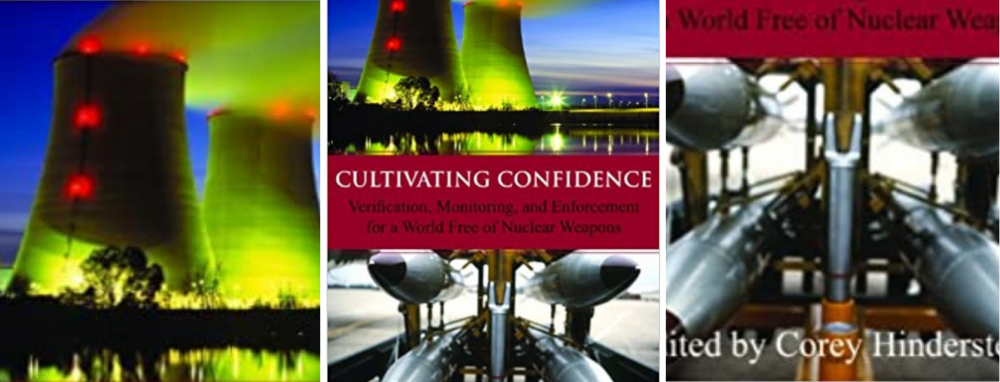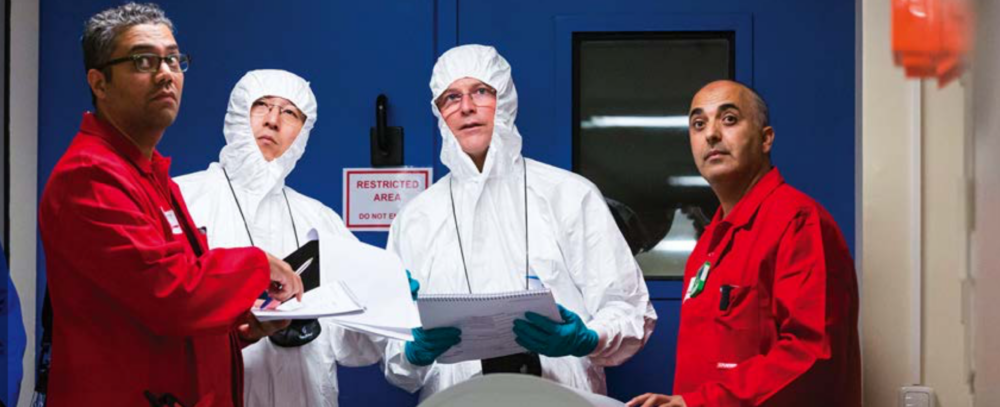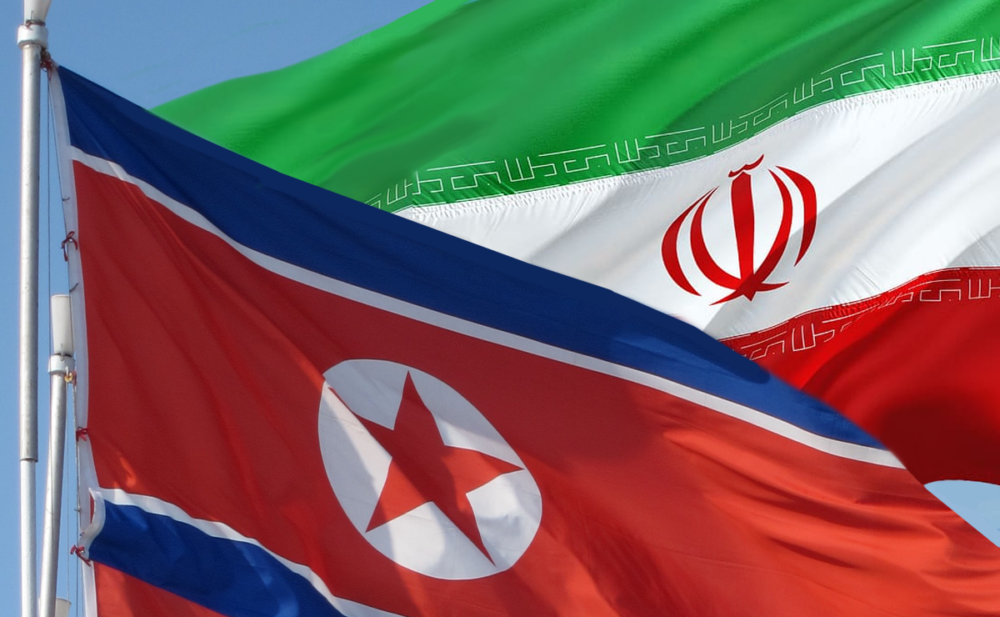
Corey Hinderstein
Vice President, International Fuel Cycle Strategies
The book Cultivating Confidence: Verification, Monitoring, and Enforcement for a World Free of Nuclear Weapons (Nuclear Threat Initiative, 2010) offers the reader guidelines for policymaking that will ultimately reduce nuclear dangers throughout the world. Although important work has been done over the years to define major mileposts on the path to disarmament, there are still a number of key areas—including verification—that contain gaps in the conceptual framework and technical details. This study, which focuses on the key issues associated with verifying, monitoring, and enforcing, offers some possible solutions to these challenges.
The key topics discussed include:
Edited by Corey Hinderstein
Contributors: Steven P. Andreasen, Everet H. Beckner, James Fuller, Steinar Høibråten, Edward Ifft, Halvor Kippe, Harold Müller, Annette Schaper, Thomas E. Shea, Ralf Wirtz
The contributors are among the top international experts in the field, many having worked at high levels in governments, in national laboratories, and the International Atomic Energy Agency.
Sign up for our newsletter to get the latest on nuclear and biological threats.
NTI Co-Chair Sam Nunn discusses the agreement by the United States and North Korea to seek complete denuclearization and how to proceed through the disarmament process. He speaks with Bloomberg's David Westin on "Bloomberg Daybreak: Americas."
Ernest J. Moniz, the former US secretary of energy, is CEO and co-chair of the Nuclear Threat Initiative. In this op-ed, published in the Boston Globe, he discusses the powerful verification measures within the Iran Deal and the importance of staying in the agreement, particularly as talks with North Korea approach.


